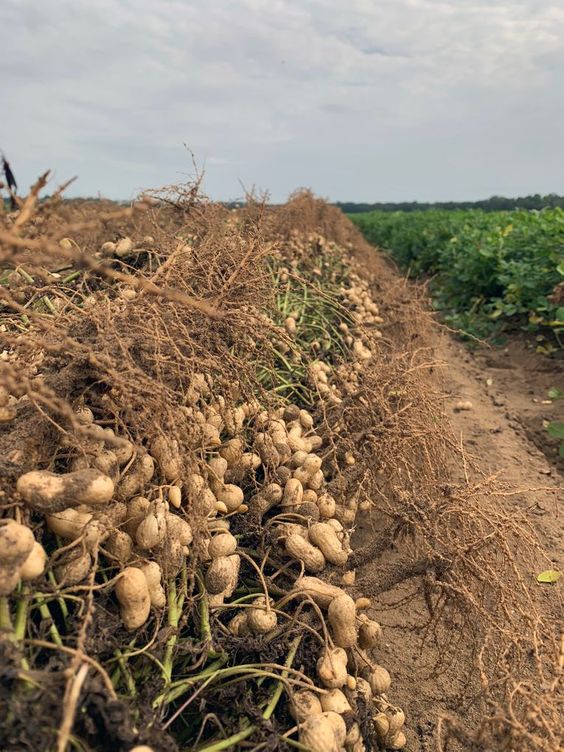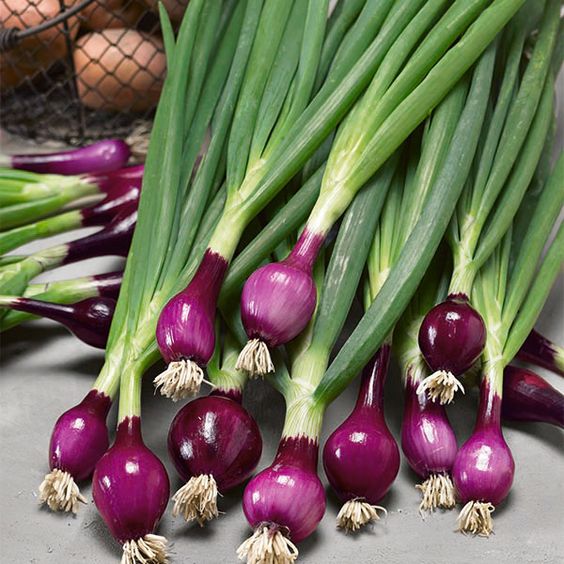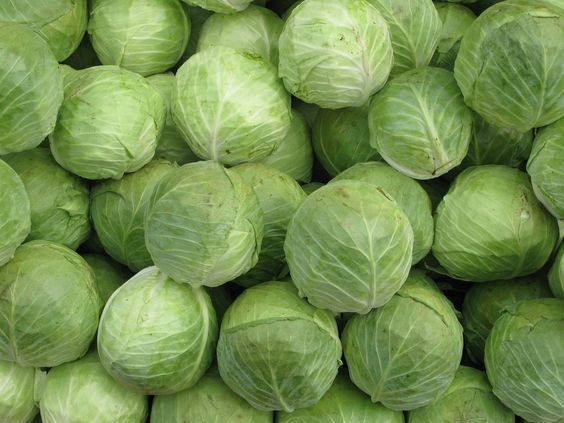Advancing Sustainable Peanut Cultivation Through Smart Agriculture
Sustainable Peanut Cultivation,The agricultural sector is undergoing a significant transformation driven by technological innovations and a growing emphasis on sustainability. Among the many crops that benefit from these advancements, peanuts—known for their versatility and nutritional value—stand out. This article explores how smart agriculture techniques can enhance sustainable peanut cultivation, providing insights into advanced practices, benefits, and the broader impact on agriculture.
Sustainable peanut cultivation focuses on maintaining or improving productivity while minimizing environmental impacts. It involves practices that enhance soil health, conserve water, and reduce chemical inputs. By integrating smart agriculture technologies, peanut farming can achieve these goals more effectively.
Contents
- 1 Smart Agriculture Technologies in Peanut Cultivation
- 2 Benefits of Smart Agriculture in Peanut Cultivation
- 3 Objectives of Implementing Smart Agriculture in Peanut Farming
- 4 Explanation of Key Technologies and Their Usefulness
- 5 Advantages of Sustainable Peanut Cultivation Through Smart Agriculture
- 6 Usefulness and Future Outlook
- 7 Challenges and Considerations Sustainable Peanut Cultivation
Smart Agriculture Technologies in Peanut Cultivation
Sustainable Peanut Cultivation Smart agriculture, or precision agriculture, utilizes data-driven technologies to optimize farming practices. For peanuts, this includes:
- Precision Soil Management: Utilizing sensors and soil mapping technologies to analyze soil conditions, nutrient levels, and moisture content. This information helps in applying precise amounts of fertilizers and irrigation, reducing waste and environmental impact.
- Remote Sensing and Drones: Drones equipped with multispectral sensors can monitor crop health, detect pests, and assess plant growth. This real-time data allows farmers to make informed decisions about pest control, irrigation, and nutrient management.
- Automated Irrigation Systems: Smart irrigation systems use weather data and soil moisture levels to automate watering schedules, ensuring optimal water use and reducing waste.
- Climate Smart Technologies: Incorporating climate data to predict weather patterns and adjust agricultural practices accordingly. This helps in mitigating risks associated with extreme weather conditions.
Benefits of Smart Agriculture in Peanut Cultivation
Sustainable Peanut Cultivation,The integration of smart agriculture technologies into peanut farming offers numerous benefits:
- Increased Efficiency: By applying precise amounts of inputs, farmers can reduce waste and improve resource use efficiency. This leads to higher yields and lower production costs.
- Enhanced Sustainability: Reduced use of fertilizers and pesticides minimizes environmental impact, promoting healthier ecosystems and reducing soil and water pollution.
- Improved Crop Health: Early detection of pests and diseases through remote sensing allows for timely interventions, leading to healthier crops and higher quality peanuts.
- Water Conservation: Automated irrigation systems ensure that peanuts receive the right amount of water, reducing wastage and conserving water resources.
- Data-Driven Decisions: Access to real-time data and analytics enables farmers to make informed decisions, improving overall farm management and productivity.
Objectives of Implementing Smart Agriculture in Peanut Farming
Sustainable Peanut Cultivation,The primary objectives of integrating smart agriculture technologies into peanut cultivation are:
- Maximizing Yield: Achieving higher and more consistent yields through optimized resource management and pest control.
- Reducing Environmental Impact: Minimizing the ecological footprint of peanut farming by reducing chemical use and conserving natural resources.
- Enhancing Economic Viability: Lowering production costs and increasing profitability through efficient resource use and improved crop management.
- Promoting Resilience: Building resilience against climate change and extreme weather events by leveraging predictive technologies and adaptive practices.
Explanation of Key Technologies and Their Usefulness
- Precision Soil Management: This technology allows for detailed analysis of soil conditions, which is crucial for managing nutrients and ensuring optimal growth. By understanding soil variability, farmers can tailor their practices to specific field conditions.
- Remote Sensing and Drones: Drones and remote sensors provide a bird’s-eye view of the fields, enabling farmers to monitor crop health and identify issues early. This proactive approach helps in managing diseases and pests more effectively.
- Automated Irrigation Systems: Smart irrigation systems use real-time data to adjust watering schedules, which is particularly useful in areas with water scarcity. This technology ensures that peanuts receive adequate water without over-irrigation.
- Climate Smart Technologies: By analyzing climate data, farmers can anticipate weather patterns and adjust their practices to mitigate risks. This helps in planning planting and harvesting schedules, as well as managing resources.
Advantages of Sustainable Peanut Cultivation Through Smart Agriculture
- Economic Advantages: Increased efficiency and higher yields contribute to greater profitability. Reduced input costs and lower environmental compliance costs also enhance economic viability.
- Environmental Advantages: Sustainable practices reduce soil degradation, water pollution, and the carbon footprint of peanut farming. This contributes to overall environmental conservation and biodiversity.
- Social Advantages: Improved farm management and higher productivity can lead to better livelihoods for farmers. Additionally, sustainable practices contribute to food security and community well-being.
Usefulness and Future Outlook
Sustainable Peanut Cultivation,The adoption of smart agriculture technologies in peanut cultivation represents a significant advancement towards more sustainable and efficient farming practices. As technology continues to evolve, we can expect further innovations that will enhance precision, reduce costs, and improve environmental outcomes.
Future developments may include more sophisticated data analytics, advanced robotics for automated fieldwork, and improved climate modeling tools. These advancements will further support the goals of sustainable peanut cultivation, making it possible to meet the growing global demand for peanuts while protecting our planet.
Challenges and Considerations Sustainable Peanut Cultivation
Sustainable Peanut Cultivation,Despite the numerous benefits, the implementation of smart agriculture technologies in peanut cultivation also presents challenges:
- High Initial Costs: The adoption of advanced technologies often requires significant upfront investment, which may be a barrier for small-scale farmers. However, the long-term benefits, such as increased yields and reduced input costs, can offset these initial expenses.
- Technical Expertise: Effective use of smart agriculture technologies requires a certain level of technical knowledge and training. Farmers need to be trained in operating and interpreting data from these systems to fully realize their potential.
- Data Management: The collection and analysis of large amounts of data can be overwhelming. Farmers need access to reliable data management systems and support to make informed decisions based on the data.
- Infrastructure: In some regions, the lack of infrastructure, such as reliable internet access, can limit the adoption of smart agriculture technologies. Addressing these infrastructure gaps is crucial for widespread implementation.
Sustainable Peanut Cultivation, empowered by smart agriculture technologies, offers a promising path towards achieving greater efficiency, reduced environmental impact, and enhanced economic viability. By leveraging precision soil management, remote sensing, automated irrigation, and climate smart technologies, peanut farmers can optimize their practices and contribute to a more sustainable agricultural future. The continued integration of these technologies will play a crucial role in shaping the future of peanut farming and ensuring that it remains a viable and sustainable crop for generations to come.




